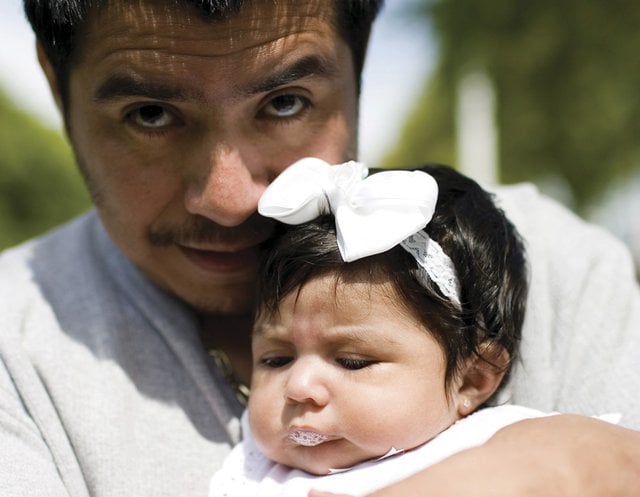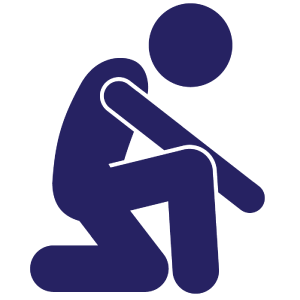When you grieve losses, you will work through the stage of the process that many men get stuck in—anger.
The challenge for most men is that they’ve never been taught how to grieve. They’ve learned instead that it’s not manly to grieve. They’ve been told to, “Take it like man!” “Get over it!” and “Grow up!” Is that what you learned?
If you’ve buried losses deep inside of you, they will never go away.
The only option you have for keeping people from touching your grief is to become angry. Anger is a shield that keeps people from touching your grief. It also keeps you from having to deal with your grief. Buried grief, and the anger that comes with it, is toxic. Anger can damage your physical, emotional, and spiritual health.
You must learn to grieve.
It is one of the most vital skills you can acquire. When you learn how to grieve, you can deal with past losses and grieve future ones.
04.2 What Else
Men and women tend to differ in how they grieve. And that’s okay. If you’re like a lot of men, you:
- Don’t care as well for your emotional health while you grieve. You might show your emotions rather than talk about them.
- Don’t want to be seen to care too much about your emotional pain. You might say things like, ‘It doesn’t hurt that bad” or “I’m okay.”
- Rely on others—perhaps the mother of your children—to help you understand your emotions, calm down, and keep your emotions in check.
- Need your own space to work through your grief. You might take time away or want to be alone to think things through.
- Show anger.
- Grieve through rituals, such as doing or making something.
Perhaps none of those describe the way in which you grieve. No matter how you grieve, you must do at least four things:
- Show courage in the face of grief. Allow yourself to grieve instead of burying losses.
- Talk with trusted others about your grief. Don’t talk only with the mother of your children.
- Take as much time as you need to reflect on your grief and the causes of it. How long the process takes depends a lot on how severe the loss is to you.
- If, as you grieve, you remember things that you’ve buried for years that you can’t handle, seek the help of a trained counselor.


















